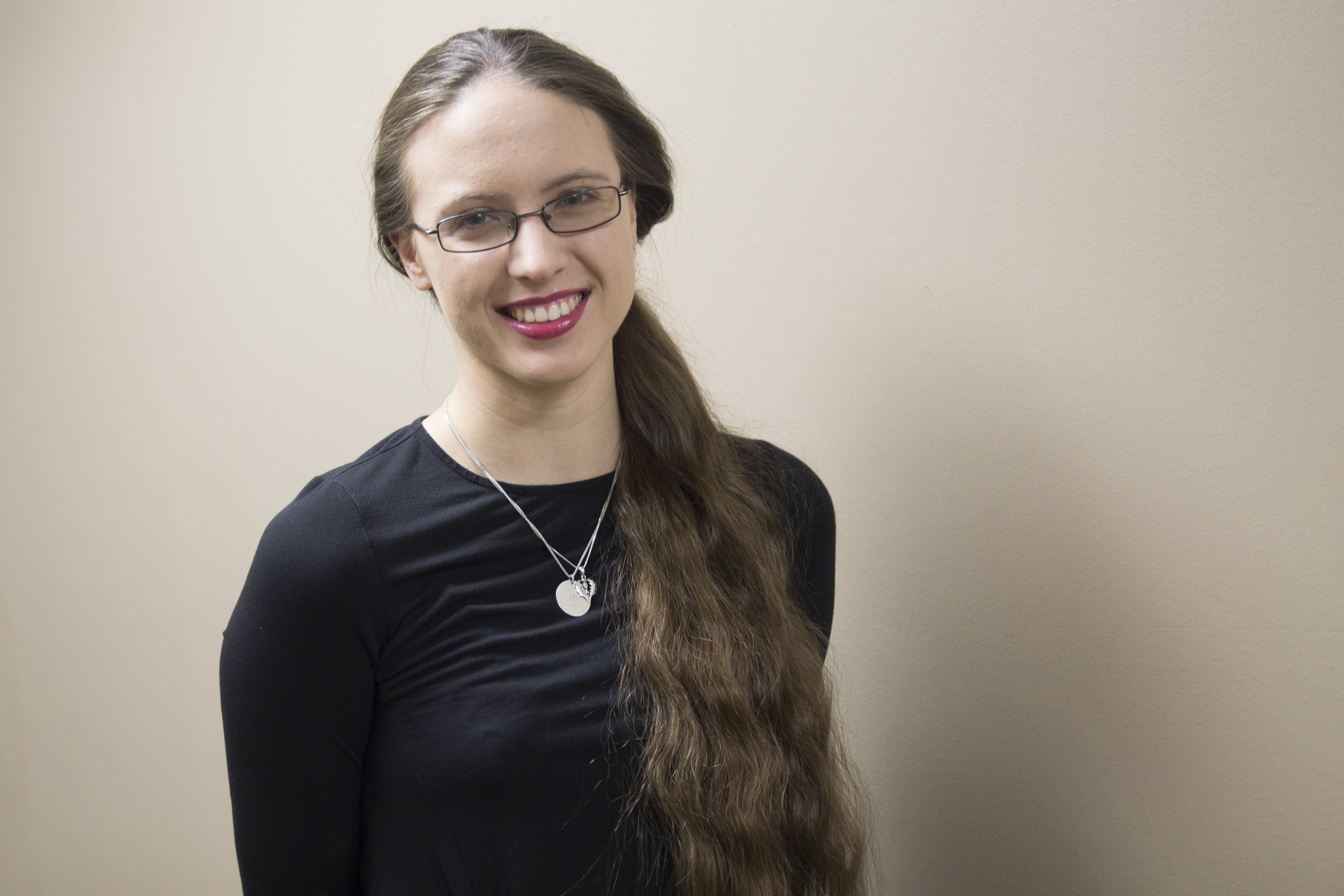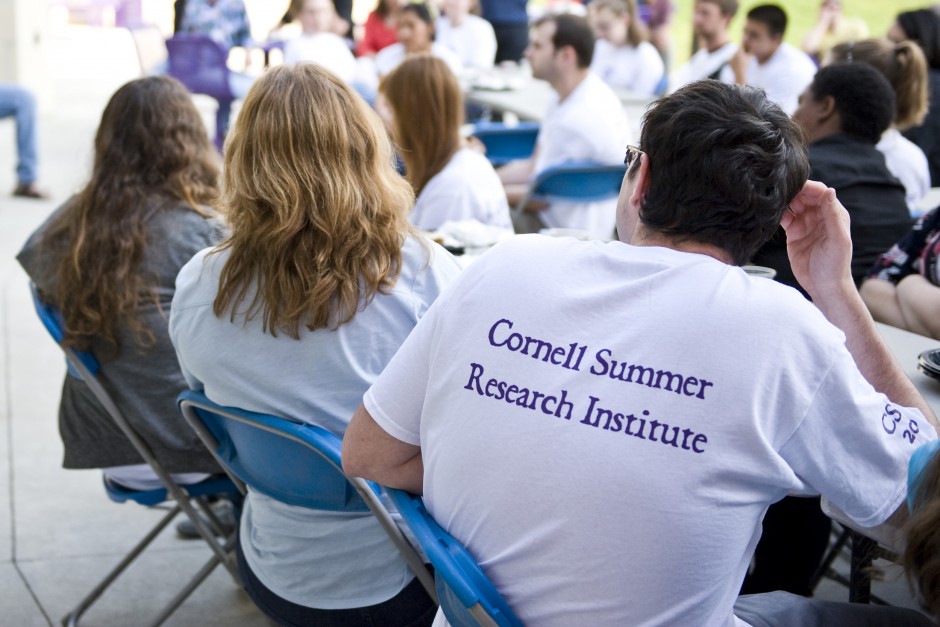In brief
Lacy-Salazar, Monagan retire
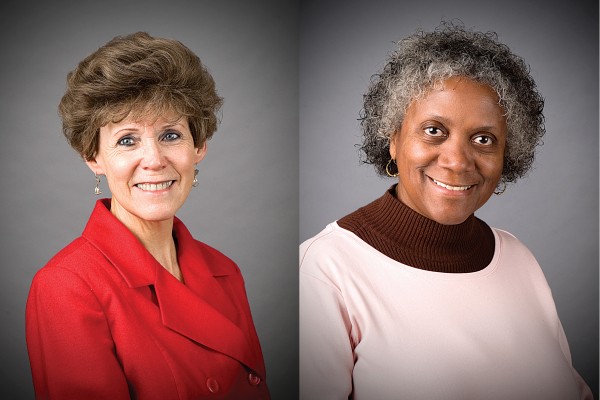
Each academic year ends with students graduating from Cornell, and beloved professors retiring after years of teaching and mentoring. This year, Spanish professor Carol Lacy-Salazar and anthropology professor Alfrieta Monagan were both honored at Commencement with professor emerita citations. The pair also were honored by the Cornell College Alumni Association a week earlier by being named honorary alumnae.
Lacy-Salazar, who taught at Cornell for 31 years, was recognized for her passion for helping students to study abroad, as well as her sponsorship of an annual Spanish play for 19 years. Monagan, who started teaching at Cornell in 1990, was recognized for her research into Caribbean culture and her advising.

Cornell has a remedy for this—the BlockTalks series. Faculty members give talks on topics they specialize in that are live-streamed on the Web. Alumni, parents, and community members can watch live and even ask questions.
And if you miss the lecture, you don’t even get a deduction in your grade. You can watch it whenever you want by clicking the logo above or visiting cornellcollege.edu/blocktalks
Thomas Commons awarded
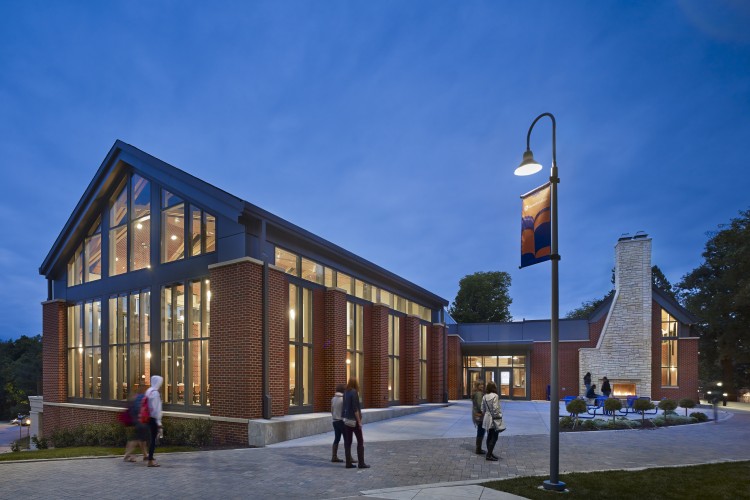
Credit: KSS Architects
Bringing the gavel down on the competition
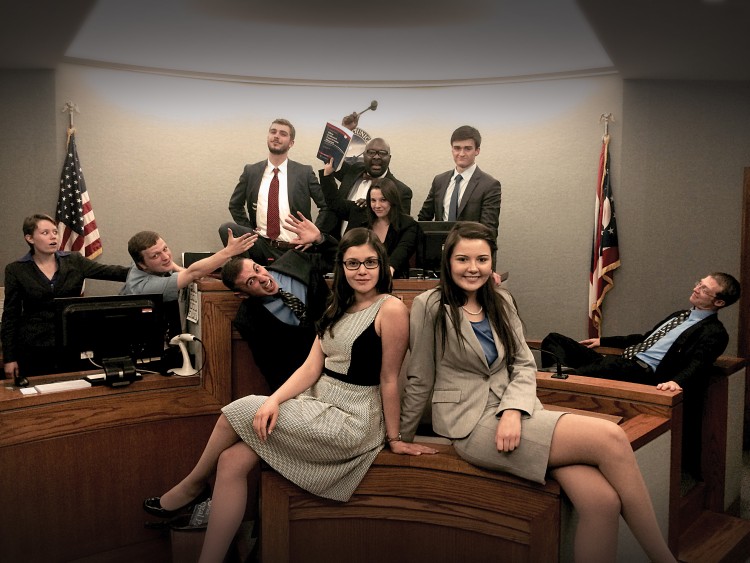
Puppets at an Exhibition
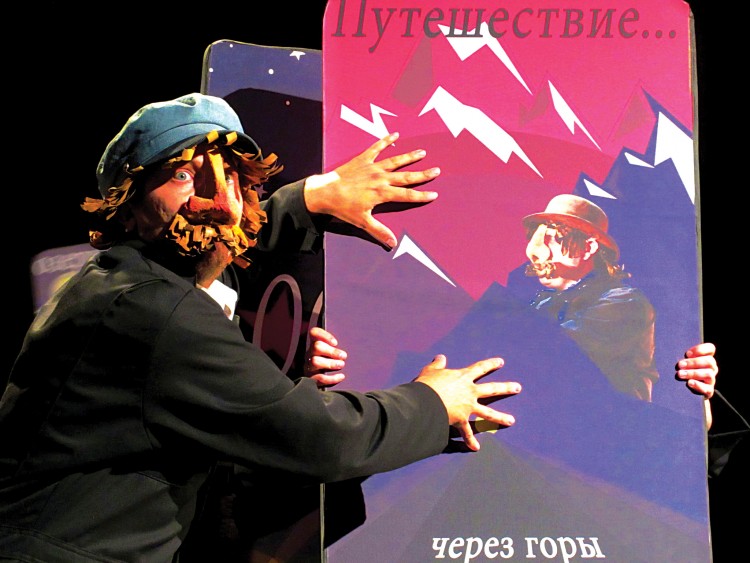
Puppet Kitchen, a New York City theatre troupe, spent the spring in residency at Cornell College. The group taught classes and helped the students devise a world-premiere show based on Russian composer Modest Mussorgsky’s “Pictures at an Exhibition.”
The piece told a story of friendship, loss, and adventure. It used puppets, of course, and also projection, movement, and music. The show, which was featured in the Des Moines Register, was the latest part of a relationship formed in 2012 when Emily DeCola, a member of the troupe, came to campus to help students construct puppets for a production of “Avenue Q.”
This time she was accompanied by Eric Wright and Michael Schubach, the other two “Head Chefs,” and dozens of students spent the spring collaborating with them to create the production. DeCola directed “Pictures,” and Wright performed and helped create the puppets for the show. You can see a video created by Puppet Kitchen and Cornell students on YouTube.
Digital made physical
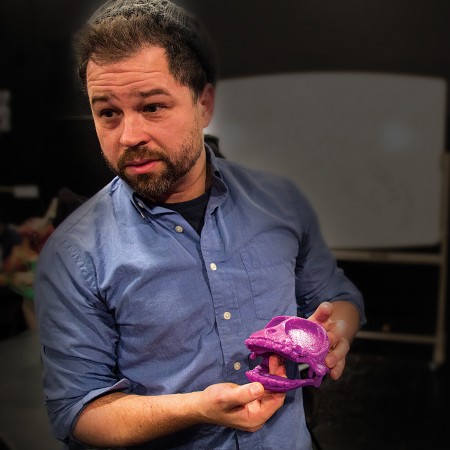
The future has arrived on Cornell’s campus, and it’s leaving its mark in the form of dozens of plastic objects.
The college bought a 3D printer as part of a grant from The Andrew W. Mellon Foundation, and the Academic Media Studio has been helping students and faculty create physical representations of their digital ideas. Some are whimsical, like a 3D-printed bust of President Jonathan Brand. Others are more scholarly, like vases and other objects from Zapotec tombs printed as part of art history Professor Ellen Hoobler’s ongoing research.
They’re all pretty amazing, though.
The theatre department also purchased a 3D printer and is using it to create props and scenery. Michael Schupbach, a member of Puppet Kitchen, the troupe that was in residency on campus this spring, used it to create a puppet skull. It was—of course—purple.

